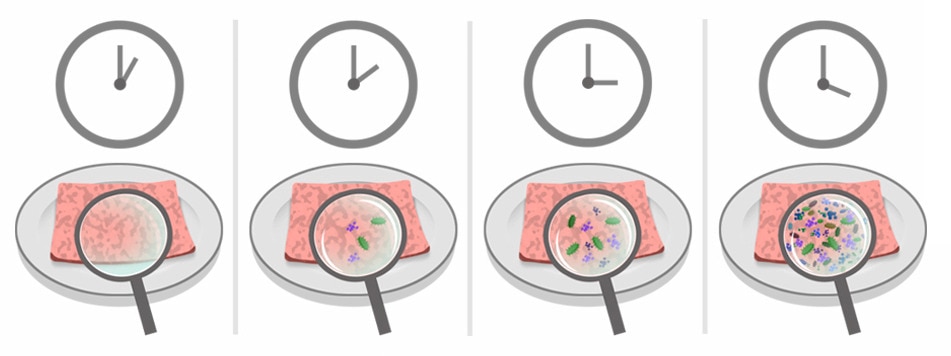The Mayo Myth Buster
Share to facebook Opens in new window
Fattening? Paves the way for food spoilage? These are two of the most common myths about mayo but none of them are founded on fact. Read on to know the expert take on these misconceptions.

Mishandling of food is the real culprit behind spoilage
Spoilage can happen to any dish that is kept in room temperature. At the four-hour mark, the micro growth of bacteria reaches high-risk levels. The moral of the lesson: handle all ingredients with care, especially when dealing with high-risk food groups like raw shellfish and ground beef; and refrigerate unused portions of your dishes immediately. Lastly, you can count on mayo to make your culinary creations tastier and creamier. Mayonnaise has vinegar as one of its main ingredients. Vinegar—and other acids—actually lowers pH levels, therefore helping prevent food spoilage.
Too much of anything isn’t good for you
Experts have said this before and they’re saying it again: moderation is key to good health. Dietitian, nutritionist and author of The Small Change Diet, Keri Gans, insists that mayonnaise may be high in fat, but it is made of good fats which are needed by the body. It also helps you absorb more fat-soluble vitamins from your veggies. The Center for Science in the Public Interest adds mayonnaise is “good for your heart,” and in terms of the nutrition factor is “above other kinds of fats like sour cream and cream cheese.” Maintaining your weight is all about a balanced diet, calorie control, moderation and variety. In fact, depriving oneself is known to have negative effects, as they lead to cravings and overeating. So go ahead and add that delicious dollop to your sandwich or salad. Life is too short to leave out the goodness of mayonnaise!
Related Articles
- slide 1
- slide 2
- slide 3




